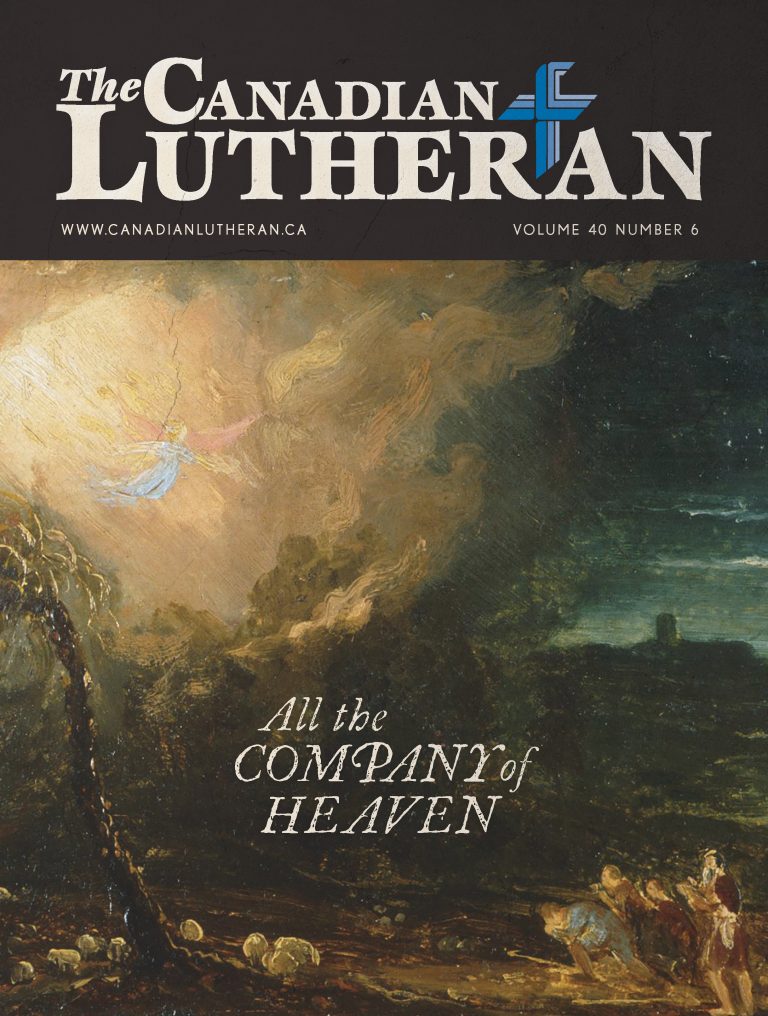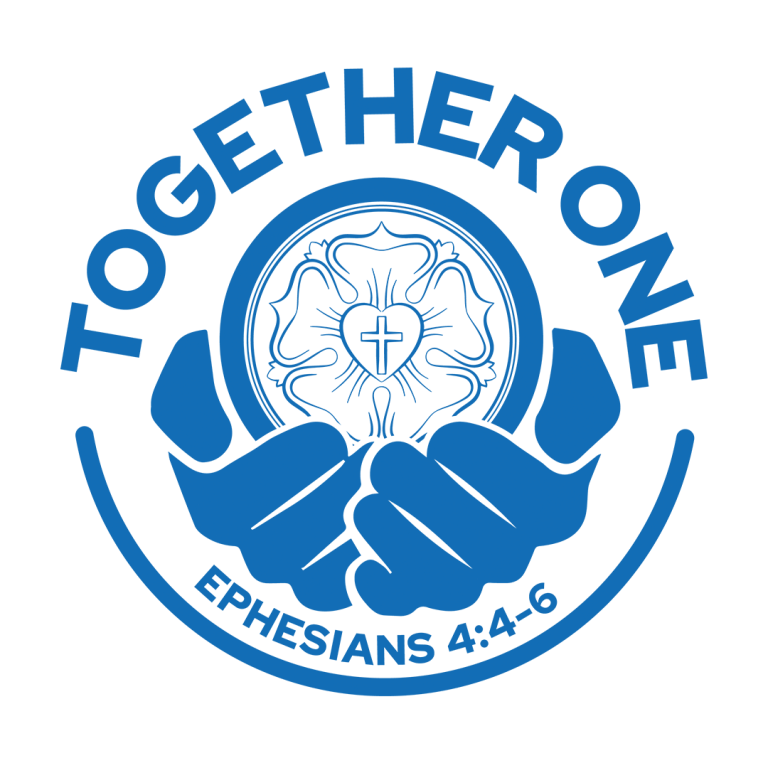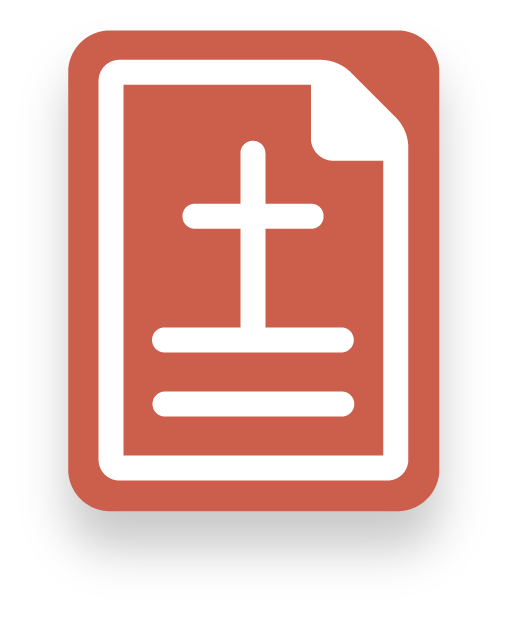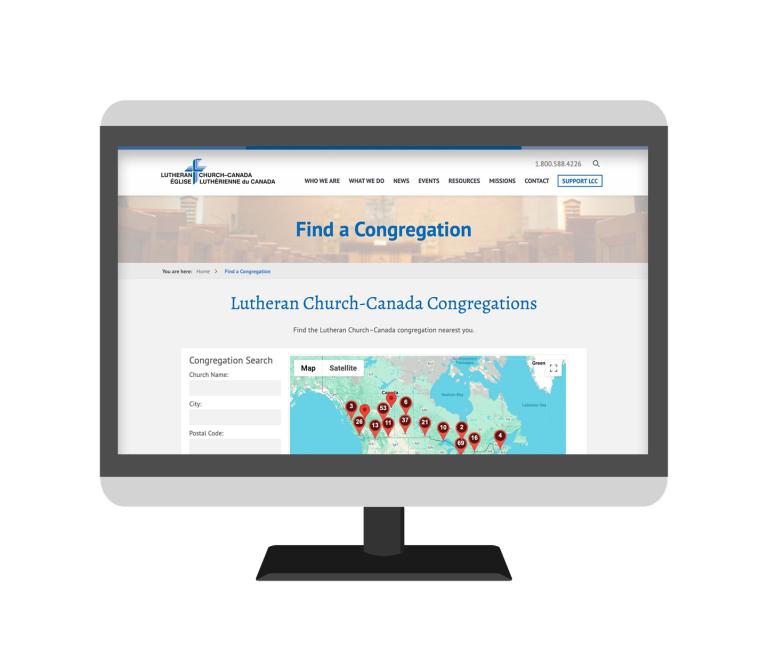A Reformation Moment: Making the Most of the 500th Anniversary of the Reformation

by Mathew Block
Sometime around the year 1450, Johannes Gutenberg invented the mechanical movable type printing press. And the world changed.
Gutenberg’s press allowed book production on a scale never before seen in Europe. Before the printing press, books were produced slowly through the painstaking work of monks toiling away in monasteries or (after the 12th century) by professional scribes.
But there were only so many pages a day that a monk or scribe could write. By contrast, a single Renaissance printing press could print 3,000 pages per day. That technological advance made the production of books suddenly much quicker and, importantly, much cheaper. The upshot was that a greater number of people were able to purchase and read books than ever before.

A 16th century German printing press at work.
That breakthrough would prove very important to the Church a few decades later. In 1517, Martin Luther, frustrated over the abuse of indulgences taking place under Johann Tetzel, proposed a scholarly debate on the subject in a treatise we today call The 95 Theses. He mailed them first to his own bishop as well as the Archbishop of Mainz, who was in charge of the indulgence selling. He may also have, as tradition states, nailed them to the front door of the Castle Church in Wittenberg, which acted like a kind of bulletin board. On that last count the historical record isn’t clear.
What is clear is that, thanks to the printing press, copies of the document spread throughout Germany within a few weeks. Within two months the rest of Europe was also reading them. The tentative beginnings of the Protestant Reformation were now underway.
It is now nearly five centuries since that event. 2017 will mark the 500th anniversary of the publication of the 95 Theses— 500 years since the beginning of the Reformation.
And like Martin Luther before us, we find ourselves in the midst of another technological revolution, a revolution that makes information rapidly available to people all over the world. Luther’s age was the age of the printing press. We are living in the midst of the internet age.
Go back in time just thirty years to 1985. Most people do not have computers. And those that do certainly do not have access to the internet. The first search engine would not be created until 1990. The king of search engines, Google, was still years away from its 1998 creation.
Fast forward to today. The internet is ubiquitous. Yes, it’s on our computers and laptops, but it’s also on our phones and in our televisions. We get our news from the internet. We download books for our e-readers off the internet. We watch TV and movies via the internet. We shop for clothing, household items, entertainment, and more through the internet. And we keep in touch with friends via email or (more often these days) social media on the internet, as well as through videophone services.
Today Canadians are among the most internet-savvy people in the world. As of 2013, 87% of Canadian households were connected to the internet. The average online Canadian visited 3,731 web pages per month that year—higher than any other nationality in the world. And Canadians were spending nearly 2 full days every month online—41.3 hours per month, which was second in the world just behind the United States. These numbers have been steadily increasing every year for a very long time, and there’s every indication the trend will continue.
So, let’s ask the question all good Lutherans ask: What does this mean? What does the internet age mean for Lutherans today?
In short, it means exactly what the printing press age meant for Luther: it meant new opportunities and new challenges. Imagine a world in which Luther’s ideas were not spread by the cheap printing of books, and you imagine a world in which Luther’s ideas did not spread. The advent of printing press technology allowed Luther and the other Reformers the opportunity to share the Good News of salvation with a wider audience. God brought forth a Reformer when the time and technology were ripe to share a Reformer’s message.
Imagine a world in which Luther’s ideas were not spread by the cheap printing of books, and you imagine a world in which Luther’s ideas did not spread. The advent of printing press technology allowed Luther and the other Reformers the opportunity to share the Good News of salvation with a wider audience. God brought forth a Reformer when the time and technology were ripe to share a Reformer’s message.
In a similar way, we in Canada are privileged live in an era in which new technology is making sharing the Gospel of Christ with famed Lutheran clarity easier than ever before. Any church member—pastor or lay—has the ability to sit down at their computer and write something that could potentially be read by millions. Anyone could post a video today that people all over the world are watching tomorrow.
In the past few years, we have seen the proliferation of online groups bringing a strong Lutheran voice to the internet, and it is clear that they are making an impact. Longtime radio programs like the Lutheran Hour, Issues Etc., and KFUO have been joined by newer groups like Lutheran Radio UK and Pirate Christian Radio. Video channels like Worldview Everlasting and Lutheran Satire have found a following on Youtube. And popular religion websites like Patheos have taken steps to include prominent Lutheran blogs, like Gene Veith’s Cranach and Jordan Taylor’s Just and Sinner on their sites.
As a result of these and many more Lutheran outlets—including our own online Canadian Lutheran—confessional Lutheranism is enjoying a bit of a renaissance online. People are being exposed to Lutheranism, and they’re seeking out additional information on what we believe. And they’re seeking that information via the technological medium with which they are most comfortable: the internet.
People are interested in Lutheranism, and we all need to do what we can—both personally and corporately—to help ensure they can find the information they’re seeking.
We’re not all called to write articles online or make videos of course. But most of us are active on social media in some form or other. How do you use your social media accounts to share your faith? How are you using everyday technology to help spread the Good News of the Gospel?
We stand at a unique moment in history. As we near the 500th anniversary of the Reformation in 2017, interest in Lutheranism is only going to increase. How are you responding personally? How are you and your congregation taking advantage of unprecedented interest in Lutheranism to share the Gospel of Jesus Christ?
Let me share one story I heard recently. A married couple in British Columbia had become interested in Lutheranism and began listening to sermons online from a Lutheran Church—Missouri Synod congregation. Through these mp3 files, the Holy Spirit worked in their hearts and moved them to seek out a local manifestation of the biblical, faithful witness of Lutheranism. They went looking online, and that’s how they ended up in one our LCC churches.
Let’s be clear: internet communication is never going to replace face to face evangelism. But it can be an important tool supplementing a congregation’s outreach. Think about your own congregation for a moment, and consider how you’re using (or not using) the internet to supplement your outreach. Do you have a website? If so, is it up to date? If I was a visitor, could I easily find out what time your next service is? What about special service times, like Good Friday and Christmas Eve? Are details for those services posted on your website?
We are nearly 500 years since the providence of God made the Reformation possible through the technology of the printing press. How can you honour that tradition by taking best advantage of the technology God has put at your disposal? It’s a question that we should all be asking ourselves as 2017 approaches.
We are nearly 500 years since the providence of God made the Reformation possible through the technology of the printing press. How can you honour that tradition by taking best advantage of the technology God has put at your disposal? It’s a question that we should all be asking ourselves as 2017 approaches.
———————
Mathew Block is editor of The Canadian Lutheran and communications manager for Lutheran Church–Canada.
Banner image: 95 Theses Door at the Castle Church in Wittenberg. (Fewskulchor: used under Creative Commons Attribution-Share Alike 3.0 Germany.)






